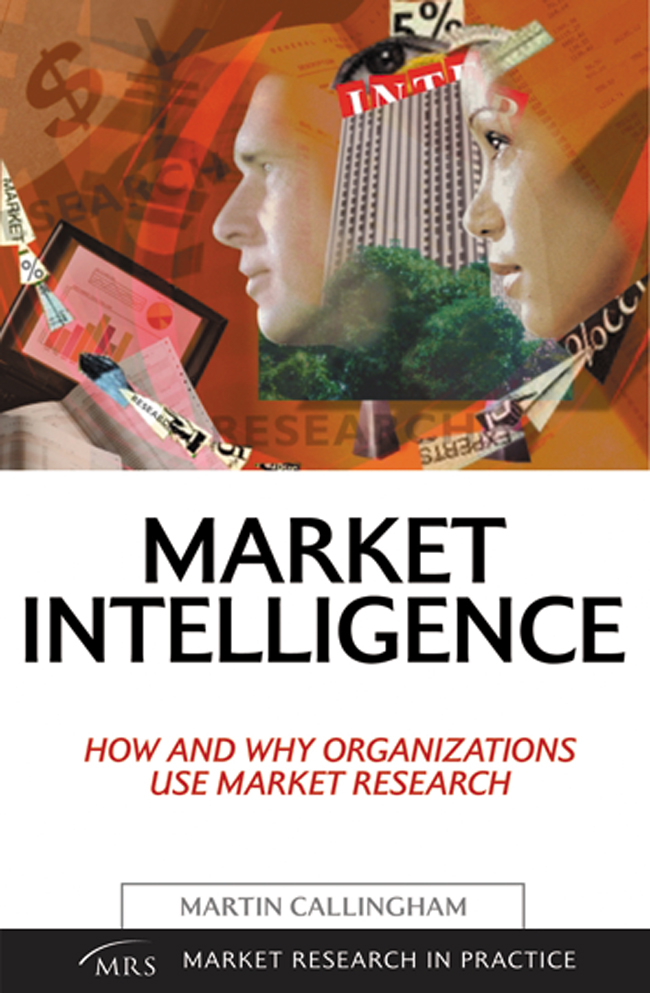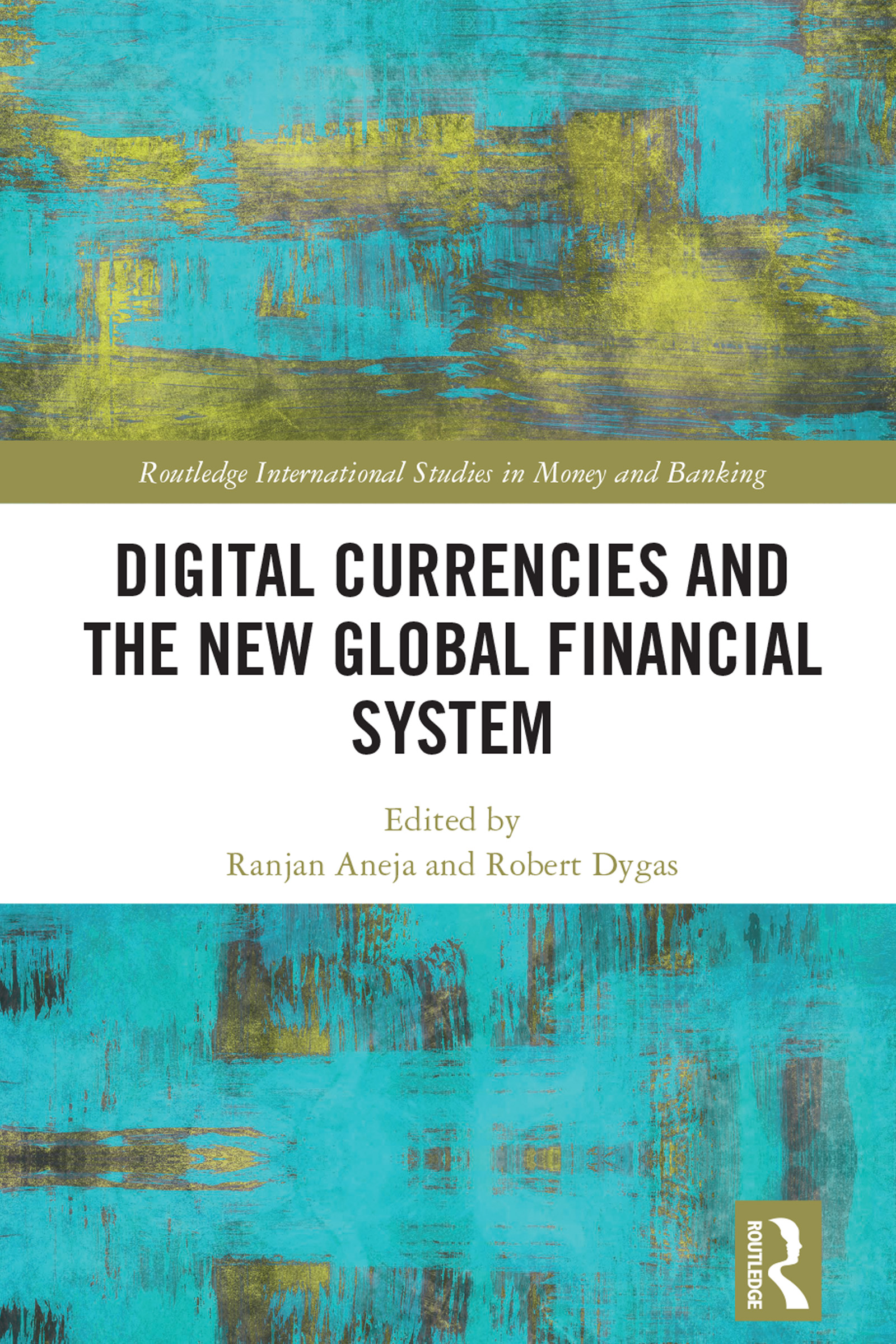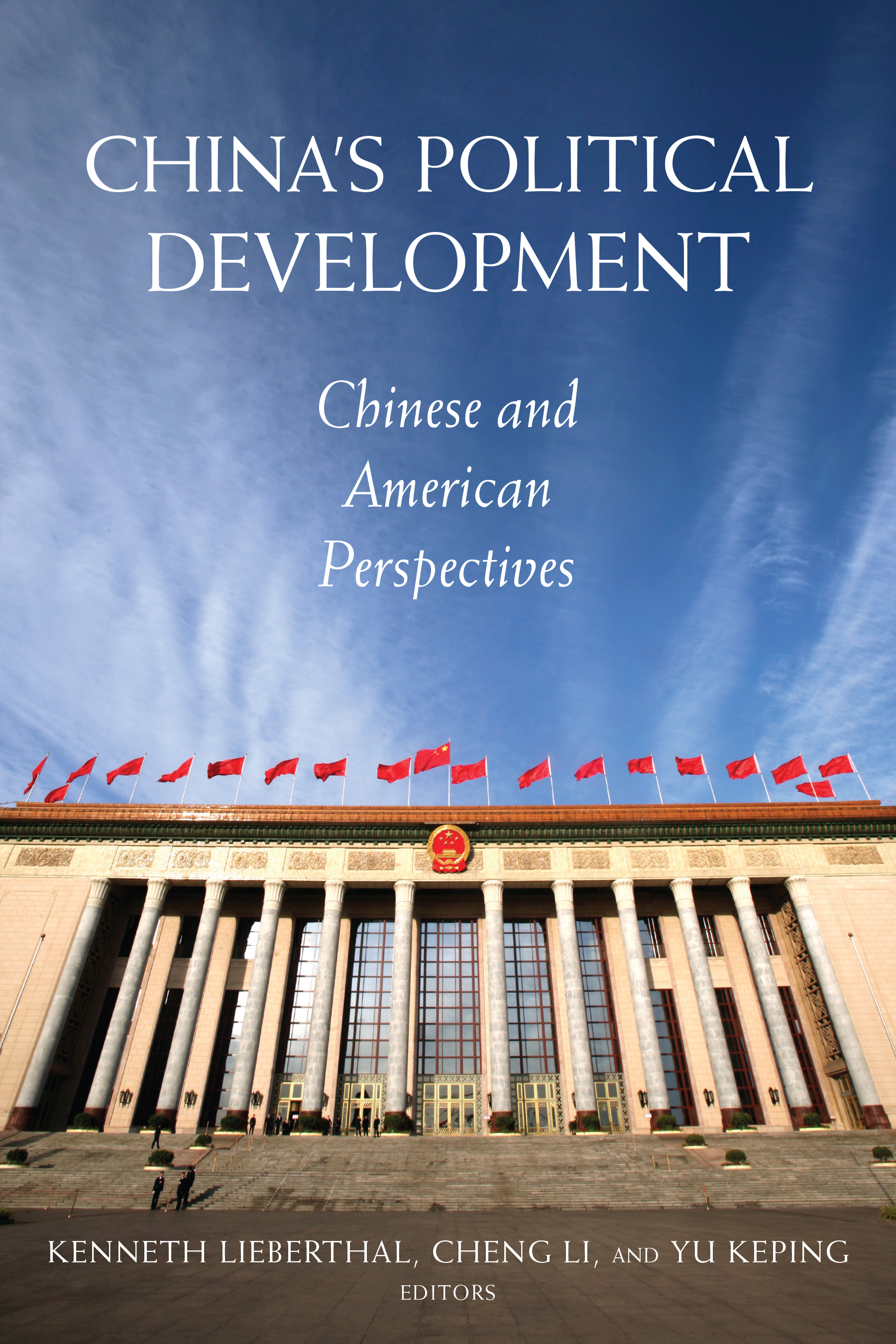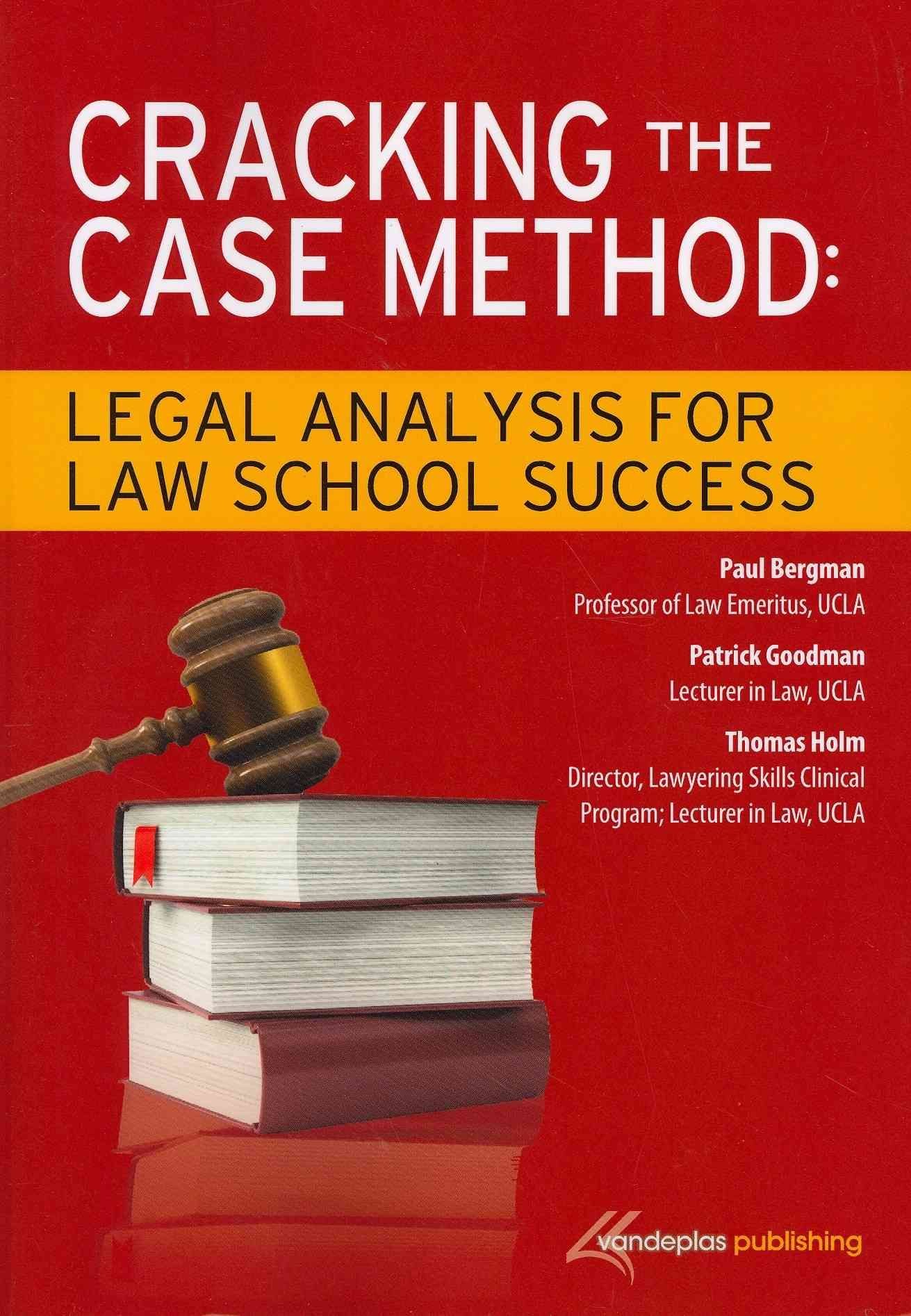This book explores the legal implications of China’s state-directed economic model for the existing international economic order. It first reveals the close links between the market and the state in contemporary China by profiling an emerging triple role of the state in the economy. It then explores how the domestic legal system underpins the distinctive market-state relationship, before analysing whether essential norms of international economic law, which bracket the international economic order, are able to adapt to China’s innovative market-state relationship. The book argues that the international economic order is inherently limited since it tends to adhere to an orthodox dichotomy, with a clear boundary between the market and the state. It also suggests that China’s new state-market relationship has challenged the dichotomy - the state does not intend to eliminate the functioning of the market but, conversely, utilises a market mechanism and makes itself more integrated into the market. Lastly the book proposes a fresh perspective to comprehend the ‘market-state’ question, which does not to take for granted that all market-state relationships are mutually exclusive.












